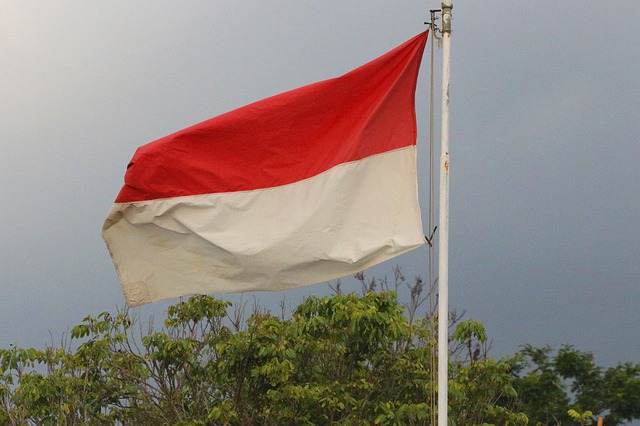
-
The Philippines and Indonesia are working on a memorandum of understanding to help Philippine exporters comply with Indonesia’s law on Halal products
-
Now in its final stages, the MOU will facilitate trading of Halal-certified goods through a government-to-government arrangement
-
Indonesia’s Law 33/2014 on Halal Product Assurance, issued in 2014 and now in effect, requires all Halal products for export to Indonesia to be registered with the Halal Products Certification Agency
-
Philippine exporters of certain Halal products should start complying with the Halal certification requirements on October 17, 2021
The Philippines and Indonesia are working on a memorandum of understanding to help Filipino exporters comply with Indonesia’s law on Halal products.
The MoU, now in its final stages, will facilitate trading of Halal-certified goods through a government-to-government (G2G) arrangement, the Department of Trade and Industry (DTI) said in a statement.
Indonesia with its more than 200 million Muslim consumers is regarded as a huge market for Philippine Halal products.
Indonesia’s Law 33/2014 on Halal Product Assurance, issued in 2014 and now in effect, requires all Halal products for export to Indonesia to be registered with the Halal Products Certification Agency (BPJPH), a new government agency under the Ministry of Religious Affairs. The Indonesian House of Representatives last year passed a bill revising and simplifying the certification process under Law 33/2014.
To get a BPJPH certification, products must first be certified by a Halal certification body from the country of origin acknowledged by the BPJPH.
“This G2G agreement is part of DTI’s ongoing efforts to make the Philippines a trusted source for Halal products. Through exporting in predominantly Muslim countries like Indonesia, we can also help Filipino businesses pivot to this new market,” DTI undersecretary Abdulgani Macatoman said.
“The MOU draft between the DTI and Indonesia’s Halal Product Assurance Organizing Agency is already final, pending the confirmation and/or any additional comments from the Indonesian side. So, we see this being signed as soon as possible,” Philippine International Trading Center Jakarta commercial attaché Jeremiah Reyes said.
Once the MoU is signed, a mutual recognition agreement (MRA) will allow Halal accreditation bodies in the two countries to recognize each other and eliminate the need for repeated conformity assessments.
Philippine exporters of the following products should comply with the Halal certification requirements starting October 17, 2021 until the following deadline dates:
- Traditional medicines and health supplements, cosmetics and other chemical and genetically modified products – October 17, 2026
- Over-the-counter medicine – October 17, 2029
- Hard medicine – October 17, 2034
- Wearable items, household and health supplies, household equipment, worship equipment for Muslims, food and beverage packing, stationery, and office supplies – October 17, 2026
- Medical equipment classified in risk category A – October 17, 2026
- Medical equipment classified in risk category B – October 17, 2029
For food and beverage, the start of compliance was on October 17, 2019 while the deadline is October 17, 2024
The law also regulates the processing, materials, and certification of Halal products, in addition to Indonesia’s efforts to establish partnerships with international Halal agencies.
DTI said the Philippines is strengthening its policies and programs on Halal as it envisions to be a respectable player in the global Halal ecosystem.




